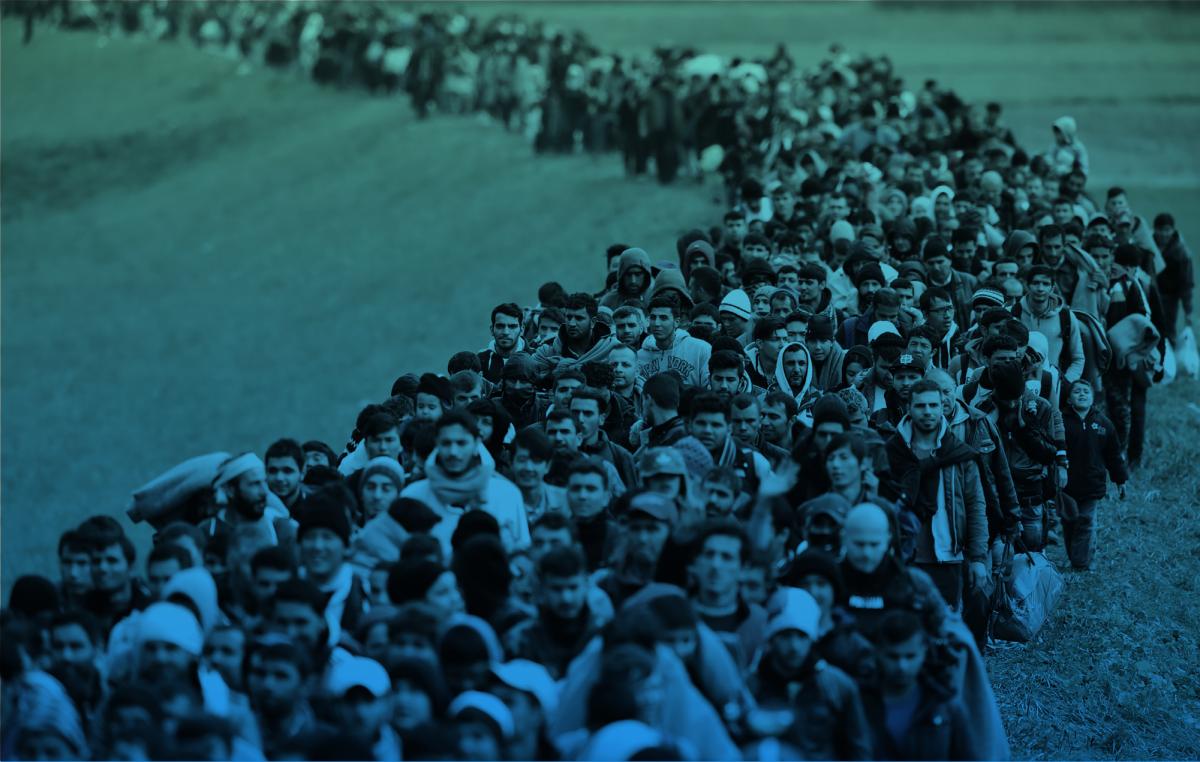Trust in the four institutions of business, government, media and NGOs is up around the world, but it is only the developing economies of Asia and the Middle East that can feel good about that.
First the good news: trust has recovered to pre-great recession levels around the world with NGOs regaining their number one position in most markets. Trust in NGOs to do what is right is at 67 percent of the informed public (top 15 percent of population) and 55 percent of the general population (all respondents) – both rises of four points. Business has seen even higher respective rises of six points and five percentage points, with media and government enjoying smaller rises too.
In our Edelman Trust Index (where we combine the scores for all four institutions), the top six countries are all developing economies with five of them being in Asia Pacific, Middle East & Africa (APACMEA). This is true of both the informed public and general population. As always, if an economy is improving, people tend to confer trust on the institutions they believe are responsible for that. And with countries like Poland, Japan and Russia at the foot of the table, it is safe to infer the opposite as well.
Perhaps not surprising then is that APACMEA developing economies also make up four of the global top five when it comes to trusting business to do what is right. That said, Japan remains firmly rooted to the bottom.
Less intuitive perhaps, but now an Edelman Trust Barometer staple, is the fact that there are only six markets of the 28 we survey globally where government is a more trusted institution than business, and five of them are from APACMEA. So whilst business has an opportunity to lead in many western markets where it is a more trusted institution than government, and often more trusted to address specific societal issues than government, that is not always the case in APACMEA. Getting government on board and ensuring that your business strategy is understood and accepted in this region is therefore vital.
So to the bad news. Globally there is now a 12-point gap in the Edelman Trust Index between the informed public and the mass population (the remaining 85 percent). And this gap is increasing. Western developed democracies make up four of the top five with the biggest trust gap.
While India is the big regional exception, with the fourth biggest trust gap between the “rich and the rest,” the developing economies of APACMEA appear largely to have succeeded in fusing fast economic development with a much wider sense that everyone is sharing in the benefits of that growth.
APACMEA remains the most trusting region and, it would seem, the region with the smallest trust gap between rich and poor.
For a number of years now, an employee has been one of the most trusted sources of information about a company. Much more so than the CEO. This year we asked respondents how much they trusted the company they worked for. Workers who trust their employers come almost exclusively from developing economies. Interestingly, Japanese respondents are significantly the least trusting of their employers with only 40 percent giving a positive response, which is half the level of trust enjoyed by Indian or Chinese businesses.
Employees are essential advocates for the companies they work for and with some firms in the region employing hundreds of thousands of people, they are particularly powerful assets.
The trust in media scores in our region are often a source of interest. This year, as always, China, Singapore and the United Arab Emirates scored highly (81 percent, 69 percent and 68 percent respectively for the informed public) and yet media in these countries is owned or strictly controlled by the government. While trust is a universal value, the idea of “what is right” varies by country and culture. When we have delved deeper in these markets, we have been told that nation building is as important a role for the media as challenging authority.
NGOs also had a good year after drops in trust last year. Trust in NGOs went up in 82 percent of the countries surveyed amongst the general population, with the most dramatic jump occurring in China (17 points), signaling their growing importance as organizations business should partner with.
Companies headquartered in developed markets are still more trusted than those based in developing markets. India (30 percent), China (33 percent) and Korea (42 percent) are the least trusted national identities from APAC versus Canada and Sweden at the top (66 percent). This remains a huge communication challenge for Asian and developing market businesses, particularly as they flex their muscles and leave their home markets to sell products and services or do deals.
I hope the following essays provide an interesting and useful guide to the trust landscape in 11 of the markets in the region. There is much more actionable detail available, so please get in touch with the Edelman author for the country you are interested in.




